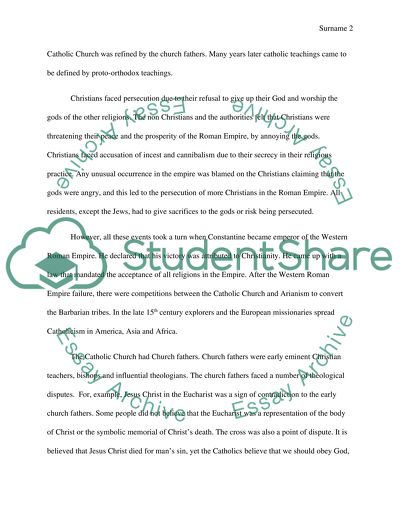Cite this document
(“Development of Catholic Church Research Paper Example | Topics and Well Written Essays - 1000 words”, n.d.)
Retrieved from https://studentshare.org/religion-and-theology/1438378-the-development-of-the-catholic-church
Retrieved from https://studentshare.org/religion-and-theology/1438378-the-development-of-the-catholic-church
(Development of Catholic Church Research Paper Example | Topics and Well Written Essays - 1000 Words)
https://studentshare.org/religion-and-theology/1438378-the-development-of-the-catholic-church.
https://studentshare.org/religion-and-theology/1438378-the-development-of-the-catholic-church.
“Development of Catholic Church Research Paper Example | Topics and Well Written Essays - 1000 Words”, n.d. https://studentshare.org/religion-and-theology/1438378-the-development-of-the-catholic-church.


